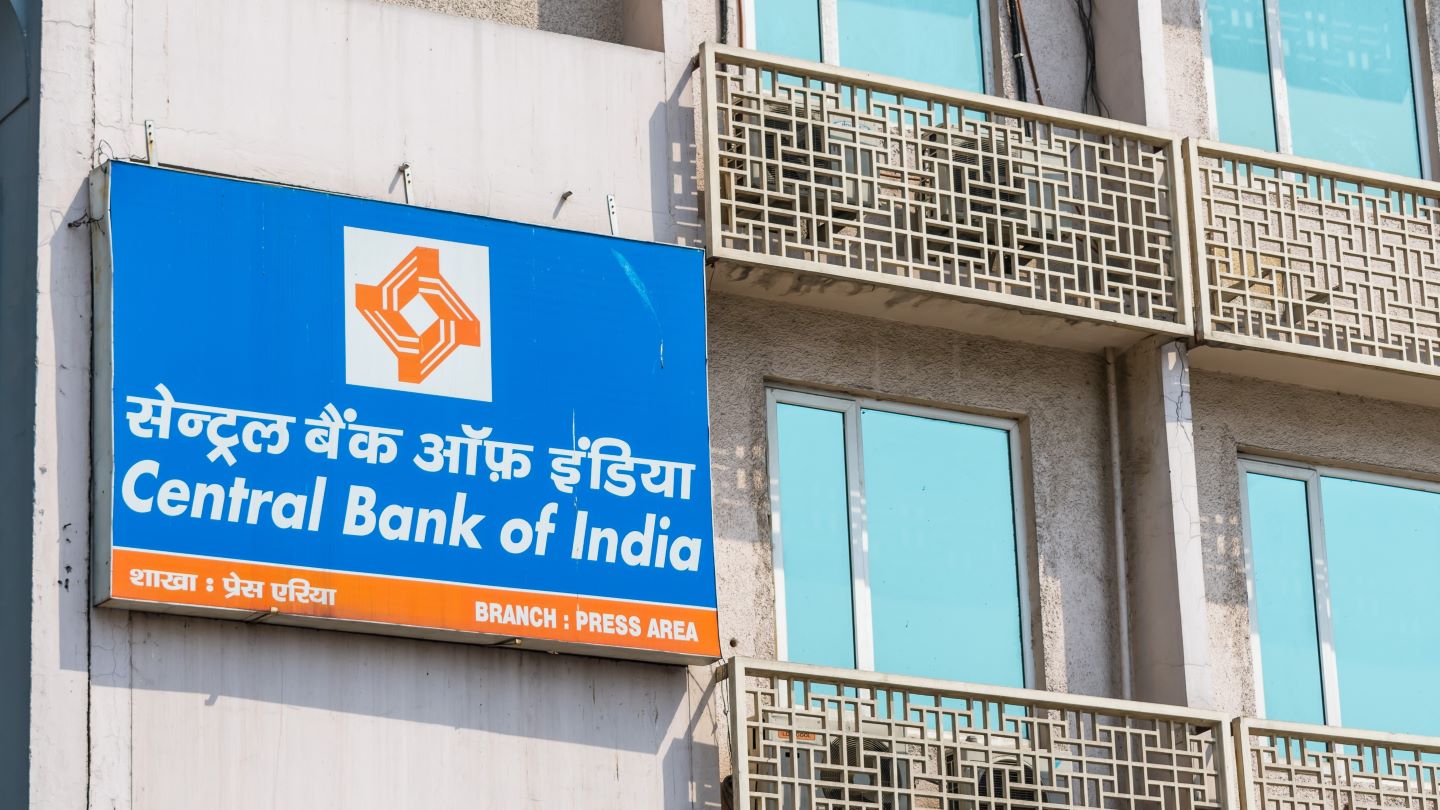
India is contemplating the sale of minority stakes in four state-run banks to comply with public shareholding norms set by the Securities and Exchange Board of India (SEBI), reported Reuters, citing sources.
The finance ministry is expected to seek federal cabinet approval to dilute stakes in Central Bank of India, Indian Overseas Bank, UCO Bank, and Punjab and Sind Bank.

Access deeper industry intelligence
Experience unmatched clarity with a single platform that combines unique data, AI, and human expertise.
As of the end of September, the Indian government owns 93% in Central Bank of India, 96.4% in Indian Overseas Bank, 95.4% in UCO Bank, and 98.3% in Punjab and Sind Bank.
According to sources, the plan is to sell these stakes through an offer for sale in the open market.
SEBI mandates a 25% public shareholding for listed companies, though government-owned firms are exempt until August 2026.
An unnamed official stated that the timing and quantum of the sale will depend on market conditions.

US Tariffs are shifting - will you react or anticipate?
Don’t let policy changes catch you off guard. Stay proactive with real-time data and expert analysis.
By GlobalDataThe finance ministry has not commented on the matter.
It remains uncertain whether the government will meet the regulator’s deadline or request another extension.
Public sector banks have previously used qualified institutional placements (QIP) to raise capital, reducing government stakes.
For instance, Punjab National Bank raised Rs50bn ($592.34m) through a QIP in September, and Bank of Maharashtra raised Rs35bn in October.
Separately, the government has proposed consolidating regional rural banks (RRBs) from 43 to 28 to cut costs and strengthen their capital base.
This is part of the ‘One State-One RRB’ initiative, developed with the National Bank for Rural & Agricultural Development (Nabard), aiming for operational efficiencies.
Regional rural banks are jointly owned by the central government (50%), sponsor banks (35%), and state governments (15%).
The consolidation of RRBs started in FY 2004-05, reducing their number from 196 to 43 by 2020-21.
RRBs, key providers of credit to small farmers and rural businesses, face challenges such as limited capital and technology access.







